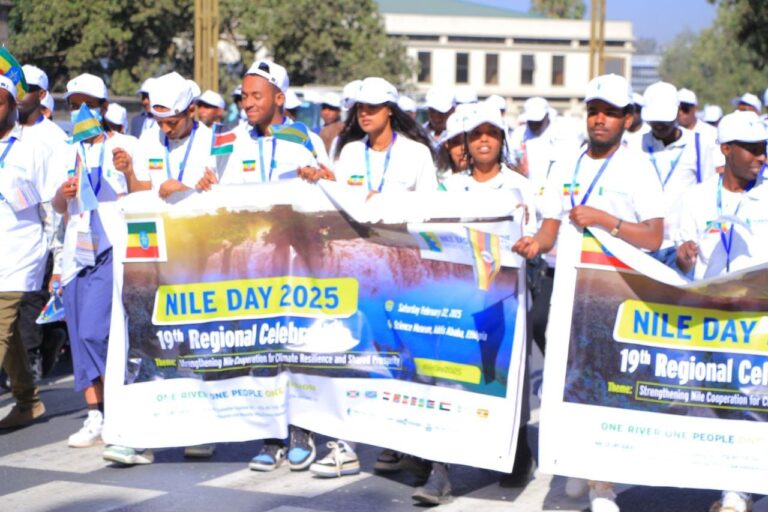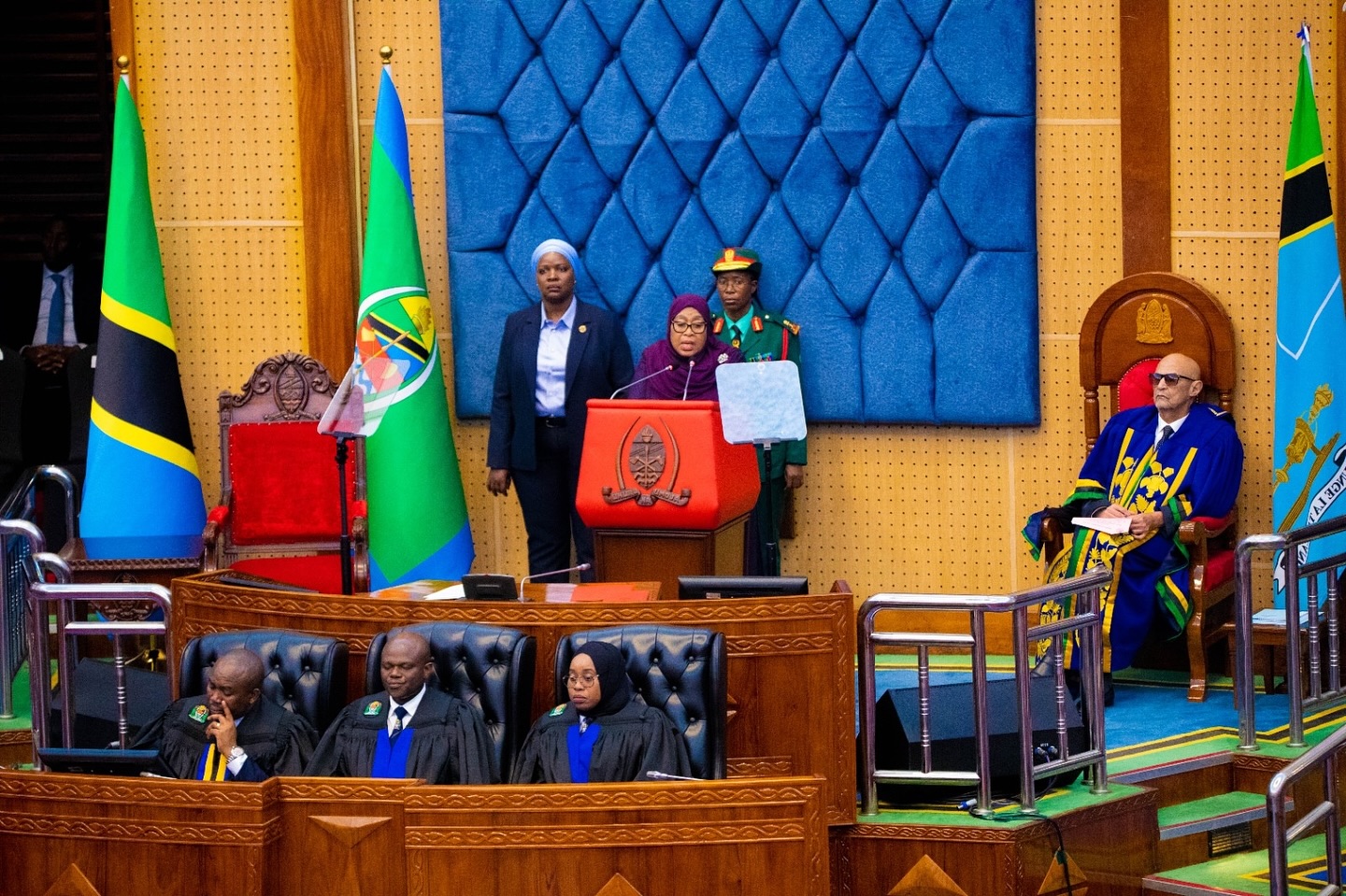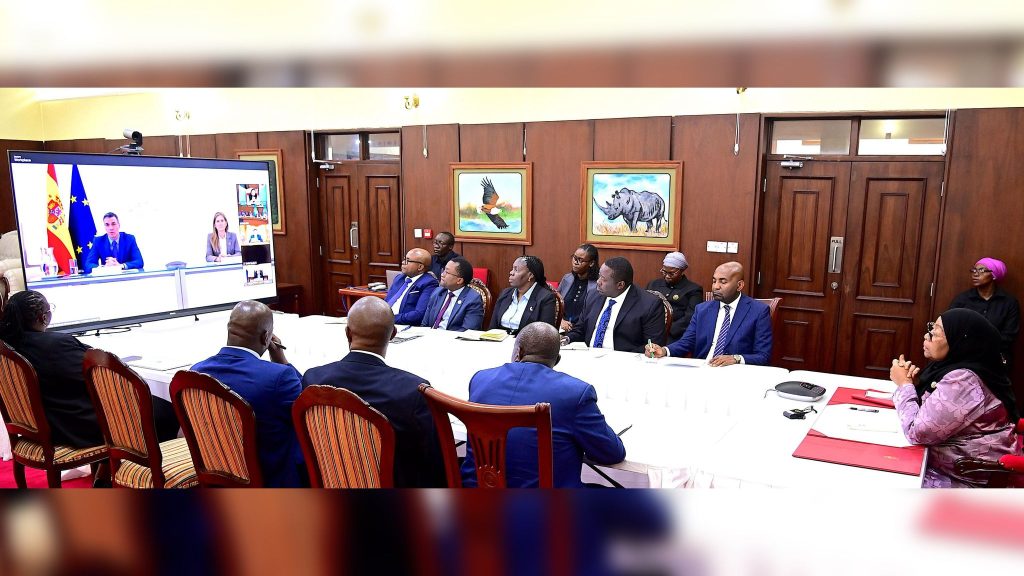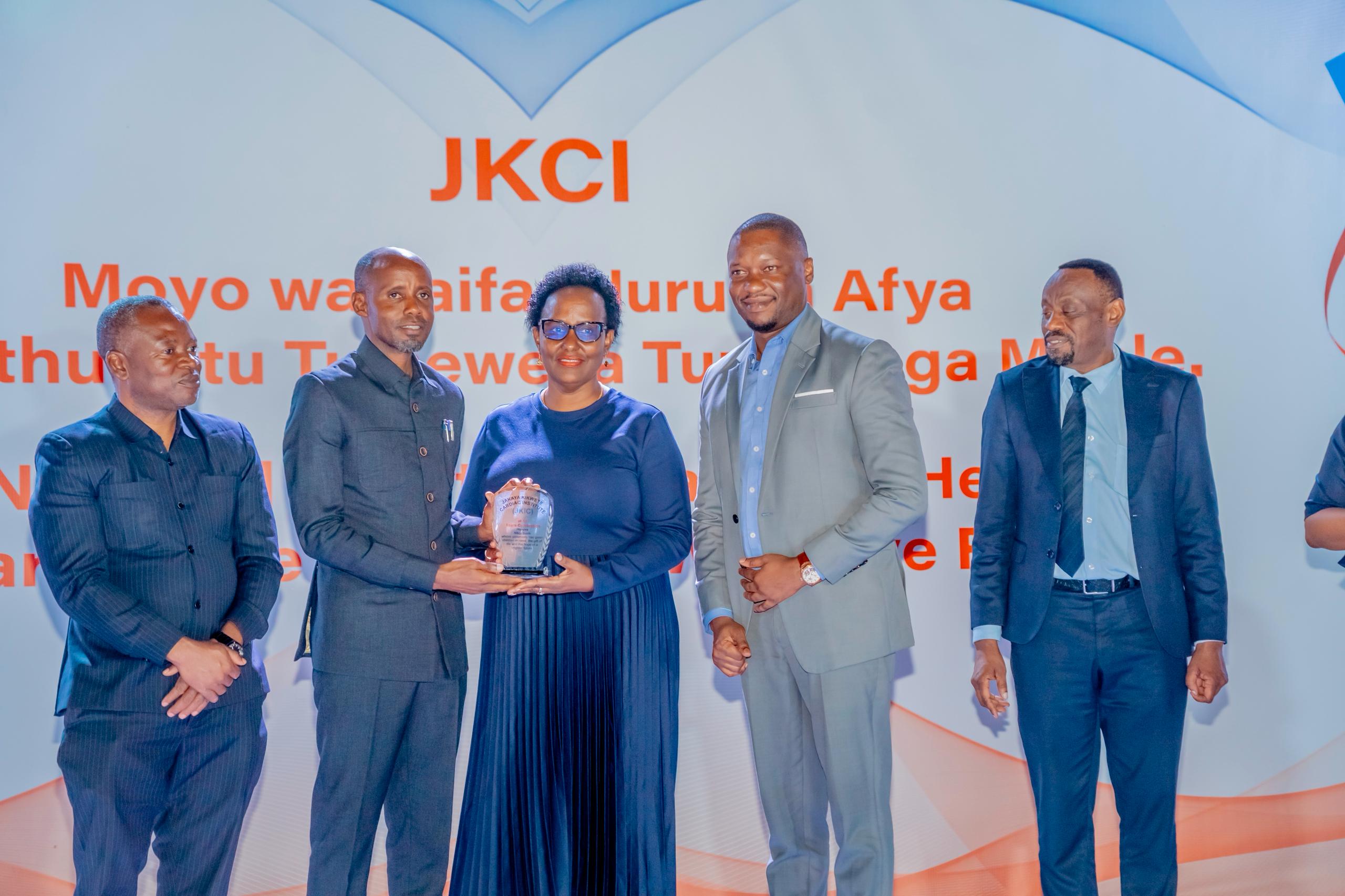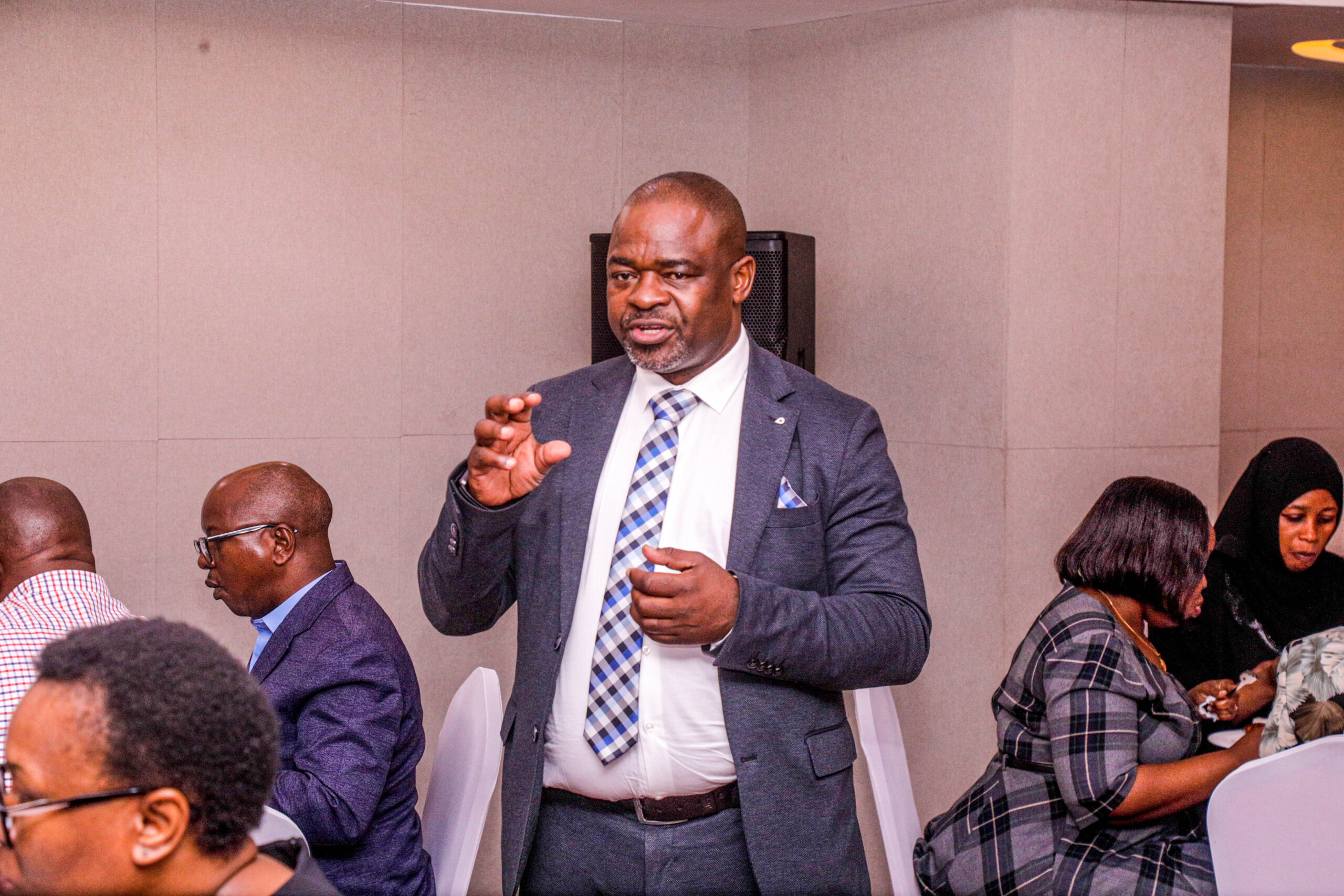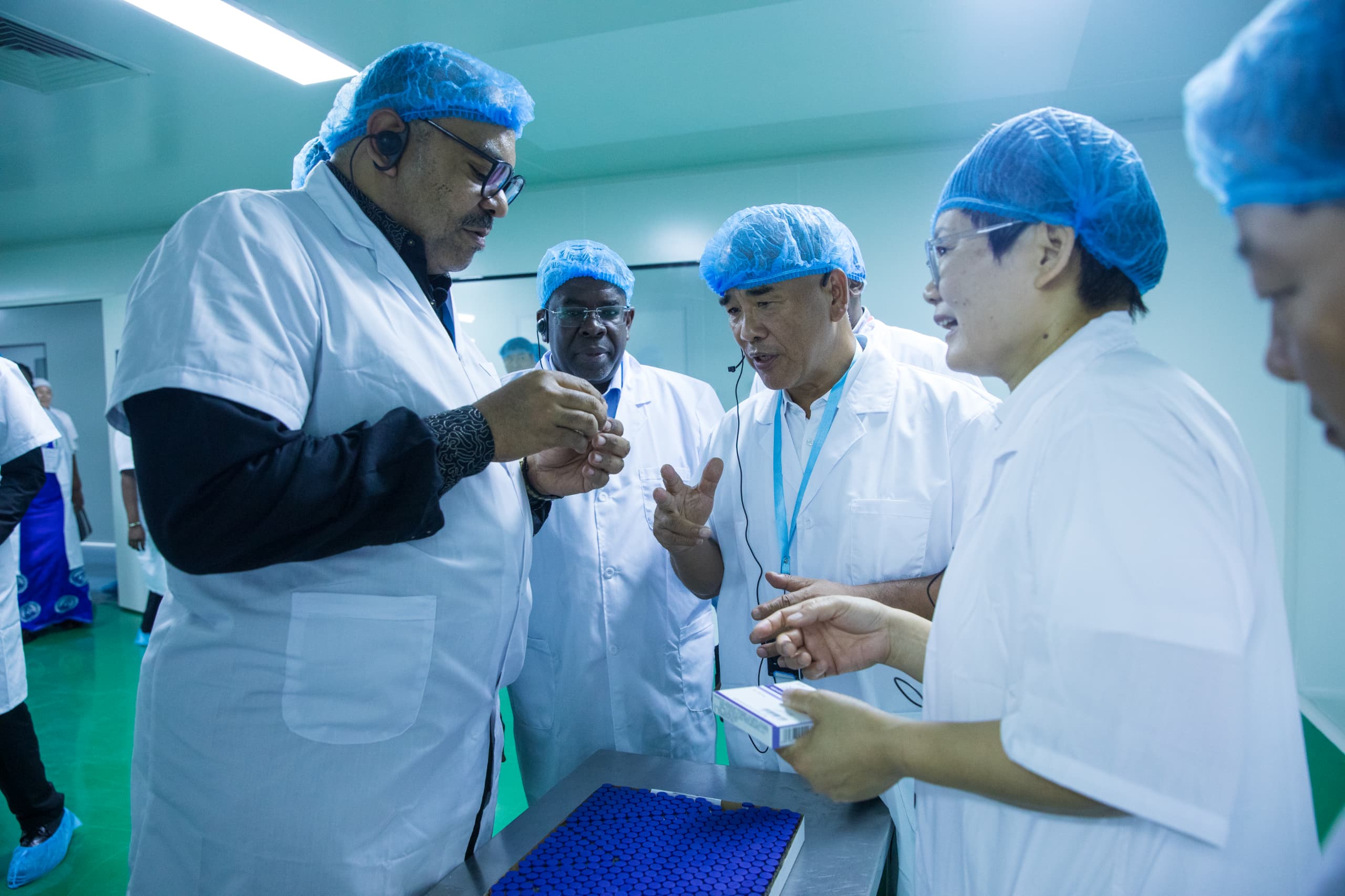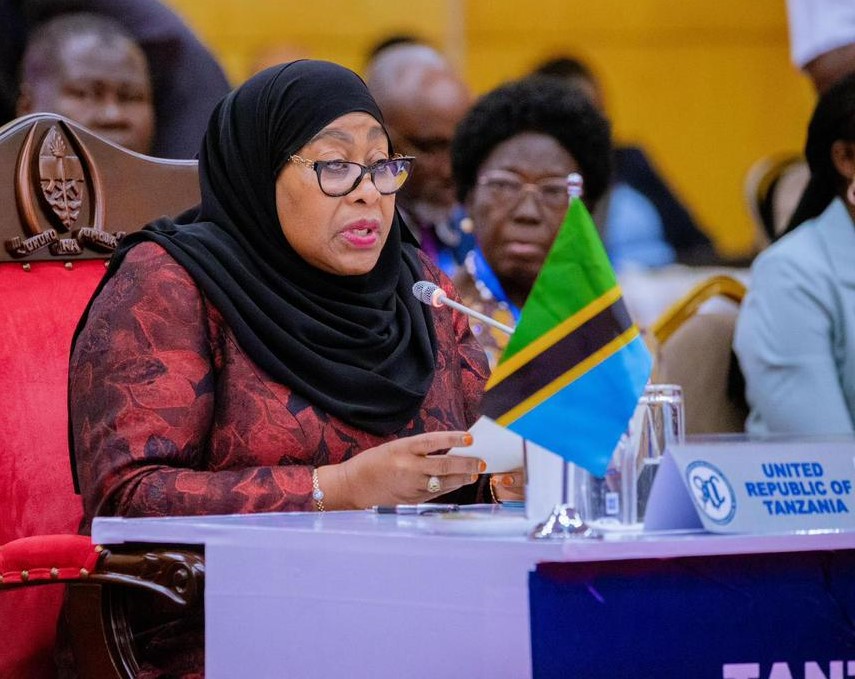Addis Ababa. Nile Basin leaders have pledged to deepen cooperation on water management, combat climate change and secure shared prosperity for the region’s expanding population.
Under the theme Strengthening Nile Cooperation for Climate Resilience and Shared Prosperity, leaders from Nile Basin countries—Tanzania, Burundi, DR Congo, Egypt, Ethiopia, Kenya, Rwanda, South Sudan, Sudan, and Uganda—gathered over the weekend in Addis Ababa, Ethiopia, to commemorate the 2025 Nile Day.
Gracing the event, Ethiopian President Taye Atske-Selassie underscored the pressing environmental and socio-economic challenges facing the basin.
“It is evident that climate change poses an increasing threat to the Nile Basin, with erratic weather patterns, prolonged droughts, and devastating floods affecting millions,” he said.
He added: “These challenges, compounded by population growth, rapid urbanisation, and competing demands for water, necessitate a call for climate-resilient hydraulic infrastructure.”
Tanzanian Deputy Minister for Water, Kundo Andrew Mathew, emphasised the importance of equitable water utilisation and regional solidarity.
“The scarcity of water resources calls for a cooperative commitment to ensure optimal and equitable utilisation of our shared waters. A strong management framework is therefore inevitable to achieve a water-secure Nile Basin,” he said.
Mathew also urged member states to honour their financial obligations, warning that delays in contributions could hinder progress.
“Honouring our obligations will manifest the spirit of togetherness, as expressed in the Ubuntu philosophy—‘I am because we are.’”
Kenya’s Cabinet Secretary for Water, Eric Murithi Mugaa, highlighted the importance of sustainable water resource development for national and regional growth.
“Our food and energy security depend on sufficient water availability,” he said. “We must work collectively to protect and conserve these resources.”
Mugaa stressed the need for urgent rehabilitation efforts to address water source degradation and mitigate the impacts of climate change.
Uganda’s Minister of State for Water and Environment, Beatrice Atim Anywar, acknowledged the progress made through the Nile Basin Initiative but warned that many challenges persist.
“Climate change and ecosystem degradation continue to threaten our water security and economic transformation,” she noted. “We must explore innovative solutions while ensuring sustainability.”
A key highlight of the event was the renewed push for the establishment of a permanent Nile River Organisation, which leaders believe will serve as a cornerstone for effective transboundary water management.
“This institution would provide a strong framework for coordinated management, dispute resolution, and strategic planning,” President Atske-Selassie stated.
Leaders also recognised the crucial role of research institutions, civil society organisations, and local communities in ensuring the sustainable management of the Nile.
“We need evidence-based solutions from academia to guide policy and decision-making,” Atske-Selassie added. “Likewise, civil society must bridge the gap between policy and people, ensuring that cooperation translates into tangible benefits for communities.”
With growing environmental threats and increasing water demands, leaders agreed that only through strengthened cooperation and sustainable policies can the Nile continue to serve as a lifeline for millions across the region.

